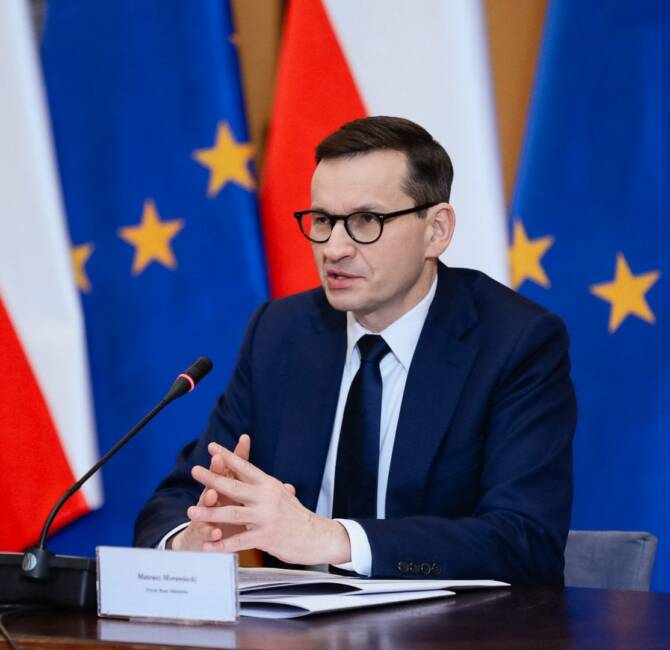Hungary/European Union – The campaign for the 3 April Hungarian parliamentary elections has not yet begun, and already, perhaps in view of some of the failures of the opposition’s single candidate and its difficulties in presenting a united front, there are concerns in Brussels and Strasbourg that, for the fourth time in a row, the outcome may not meet expectations.
A full-fledged OSCE observation mission in an EU member state?
62 MEPs from various parliamentary groups, including Daniel Freund (Greens, Germany), Katarina Barley (S&D, Germany), and Petri Sarvamaa (EPP, Finland), have therefore called for an observation mission to be sent to Hungary to ensure the freedom and fairness of the election process on the banks of the Danube:
“We come from 5 political groups and from 19 different countries. But we all share the concern that the elections might not be held to the highest democratic standards”,
they wrote in a letter to the Organization for Security and Co-operation in Europe (OSCE), referring in particular to the 2018 parliamentary elections. According to the letter, during that election
“the intimidating campaign rhetoric limited space for substantive debate and diminished voters’ ability to make an informed choice”,
and Viktor Orbán’s government’s communication strategy “significantly compromised” the fairness of the vote.
“In the run-up to this year’s election, we observed further seriously worrying developments”,
the letter’s authors go on to say, citing, among other things, the fact that voters can now register at a fictitious address.
“Changes to electoral and other laws since 2018 have further undermined the fairness of electoral processes, and significantly increase the risk of – mostly election-day – manipulation both in and outside the polling stations”,
they are also alleged to have said according to Politico, although this exact sentence actually comes from a memorandum published in March 2021 by the very left-wing Council of Europe Commissioner for Human Rights, Dunja Mijatović.
According to Politico, the letter’s signatories have also expressed worries about “voter-tourism” and “the combined effects of a politically controlled media regulatory authority and distortionary state intervention in the media market”.
Viktor Orbán’s government’s positive record
For his part, the Hungarian Secretary of State, Zoltán Kovács, has dismissed these accusations, saying: “Prime Minister Orbán and the ruling alliance are running on a long list of achievements in office (…) Voters will re-elect him, I predict, because he has taken the country forward and delivered real results for Hungarians (…)
When Prime Minister Orbán is re-elected, as I predict he will be, it will be because of broad voter support for his achievements in office: economic recovery during the pandemic, jobs, growth, tax cuts and affordable energy prices.”




